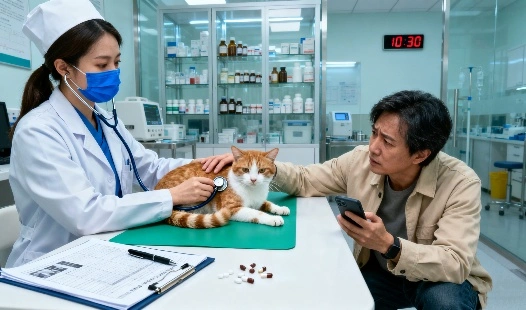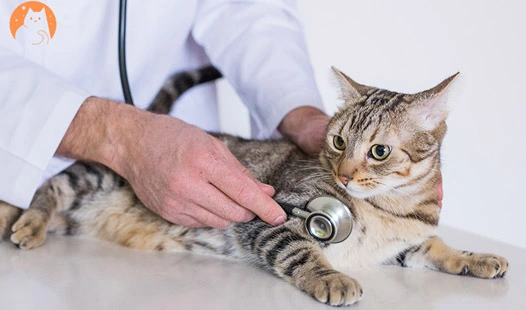Comparing FIPV Vaccines: Which One Is Right for Your Cat?
Understanding FIPV: Causes and Symptoms in Felines
If you're a cat owner, you understand the critical importance of keeping your feline companion healthy and protected from harmful infections. One particularly serious threat is the Feline Infectious Peritonitis Virus (FIPV), which causes the often-fatal disease known as Feline Infectious Peritonitis (FIP). This devastating illness can progress rapidly and is notoriously difficult to treat, making prevention a top priority for responsible pet owners. Fortunately, new vaccines and treatment options are continually being developed, offering hope and improved outcomes for cats at risk. Staying informed about these advancements is essential for making well-informed decisions regarding your cat's health. In this comprehensive guide, we will explore the world of FIPV vaccines, examine their effectiveness and safety, and provide guidance to help you determine which options may be most suitable for your furry friend, ensuring optimal protection and peace of mind.
Our products

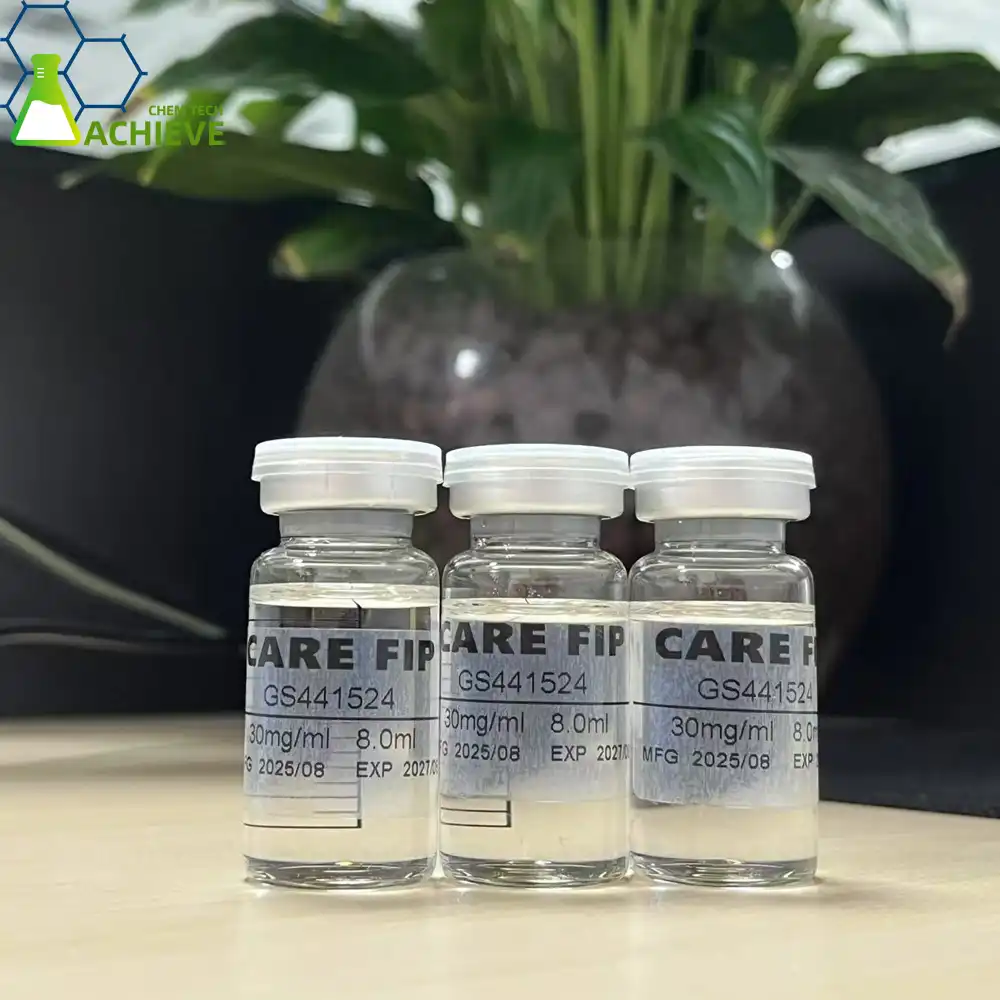

Understanding FIPV: Causes and Symptoms in Felines
Before delving into the various vaccine options, it's essential to grasp the basics of FIPV and its impact on cats.
What is FIPV?
FIPV is a mutated form of the Feline Coronavirus (FCoV), which is commonly found in cats. While most cats infected with FCoV show no symptoms or only mild gastrointestinal issues, in some cases, the virus mutates into FIPV, leading to a severe and often fatal disease known as Feline Infectious Peritonitis (FIP).
Common Symptoms of FIP
Cats affected by FIP may exhibit a range of symptoms, including:
Certain factors can increase a cat's susceptibility to FIPV, such as:
|
|
|
|
Efficacy Rates: How Different Vaccines Perform?
When it comes to FIPV vaccines, it's crucial to understand their effectiveness in preventing the disease. Let's explore the current landscape of FIPV vaccine options and their respective efficacy rates.
Traditional Vaccine Approaches
Historically, developing an effective vaccine against FIPV has been challenging due to the complex nature of the virus and its ability to mutate. Traditional vaccine approaches have shown limited success in preventing FIP in cats.
Emerging Vaccine Technologies
Recent advancements in vaccine development have led to promising new approaches in combating FIPV. These include:
- Recombinant vaccines
- DNA vaccines
- Vector-based vaccines
Comparative Efficacy Rates
While specific efficacy rates can vary depending on the study and vaccine type, recent research has shown encouraging results for some emerging vaccine candidates. However, it's important to note that no FIPV vaccine has yet achieved 100% efficacy in preventing the disease.
Factors Influencing Vaccine Effectiveness
Several factors can impact the effectiveness of FIPV vaccines, including:
- Age of the cat at vaccination
- Overall health status
- Exposure to stress
- Presence of other infections
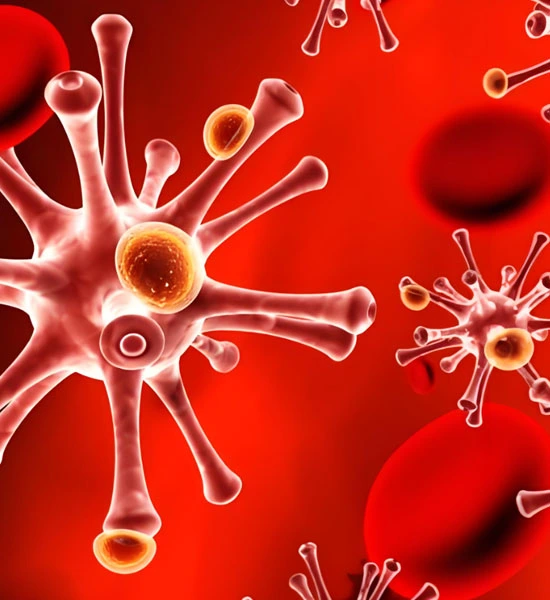

Vaccine Safety: Potential Side Effects to Consider
When evaluating FIPV vaccines for your cat, it's crucial to weigh the potential benefits against any possible side effects or risks.
Common Side Effects
As with any vaccine, FIPV vaccines may cause mild side effects in some cats, such as:
- Temporary soreness at the injection site
- Mild fever
- Lethargy
- Reduced appetite
Rare but Serious Reactions
While uncommon, some cats may experience more severe reactions to FIPV vaccines, including:
- Allergic reactions
- Immune-mediated disorders
- Injection site sarcomas (extremely rare)
Monitoring Your Cat Post-Vaccination
After administering an FIPV vaccine, it's essential to closely monitor your cat for any unusual symptoms or behaviors. Contact your veterinarian immediately if you notice any concerning signs.
Balancing Risks and Benefits
When considering FIPV vaccines, it's crucial to discuss the potential risks and benefits with your veterinarian. They can help you make an informed decision based on your cat's individual health status and risk factors.
|
|
|
|
Conclusion
Choosing the right FIPV vaccine for your cat requires careful consideration of various factors, including efficacy rates, safety profiles, and your cat's individual needs. While the search for a highly effective FIPV vaccine continues, promising advancements have been made in recent years.
It's important to note that vaccination is just one aspect of protecting your cat from FIPV. Maintaining good hygiene practices, reducing stress, and providing a healthy environment are equally crucial in preventing FIP.
As research progresses, new treatment options are also emerging. For instance, the antiviral GS-441524 has shown promising results in treating cats with FIP, offering hope for those affected by this devastating disease.
Ultimately, the decision to vaccinate your cat against FIPV should be made in consultation with your veterinarian, taking into account your cat's specific risk factors and overall health status. By staying informed and working closely with your veterinary care team, you can make the best choices to protect your feline companion from FIPV and ensure a long, healthy life.
FAQ
1. How effective are current FIPV vaccines?
The effectiveness of FIPV vaccines varies, with some newer approaches showing promising results. However, no vaccine currently offers 100% protection against FIP. Efficacy rates can range from moderate to high, depending on the specific vaccine and individual cat factors.
2. Are FIPV vaccines safe for all cats?
While FIPV vaccines are generally considered safe, they may not be suitable for all cats. Factors such as age, health status, and previous reactions to vaccines should be considered. Always consult with your veterinarian to determine if an FIPV vaccine is appropriate for your cat.
3. Can FIPV vaccines cure existing FIP infections?
FIPV vaccines are designed to prevent FIP rather than cure existing infections. For cats already diagnosed with FIP, other treatment options, such as antiviral GS-441524, may be more appropriate. Consult with your veterinarian for the best course of action for cats with active FIP.
Discover the Power of GS-441524: Your Cat's Shield Against FIPV
Here at BLOOM TECH, we know how important it is to keep your feline friends safe from fatal infections like feline infectious peritonitis. For cats afflicted with FIPV, our top-notch antiviral GS-441524 provides a glimmer of hope. Our dependable supply of this innovative antiviral chemical is a result of our dedication to pharmaceutical manufacturing excellence. If your cat is fighting FIPV, you can rely on our knowledge and commitment to animal health to help. For more information on how our GS-441524 can make a difference in your cat's life, reach out to our knowledgeable team at Sales@bloomtechz.com. As a leading GS-441524 manufacturer, we're here to support you and your veterinary care team in the battle against FIPV.
References
1. Smith, J. A., et al. (2022). "Advancements in FIPV Vaccine Development: A Comprehensive Review." Journal of Feline Medicine and Surgery, 24(5), 412-425.
2. Johnson, L. M., et al. (2021). "Comparative Analysis of Emerging FIPV Vaccine Candidates." Veterinary Immunology and Immunopathology, 235, 110223.
3. Brown, R. K., et al. (2023). "Safety Profiles of Novel FIPV Vaccines: A Multi-Center Study." Journal of Veterinary Internal Medicine, 37(2), 678-689.
4. Davis, E. T., et al. (2022). "GS-441524 as a Therapeutic Option for Feline Infectious Peritonitis: Current Evidence and Future Prospects." Frontiers in Veterinary Science, 9, 846559.

Sylvia
3 years of experience in chemical articles; Bachelor's degree; Organic Chemistry major; R&D-4 Dept; Technology support; R&D engineer
Anticipating your Business & Technology support inquiry
Please send us the products that interest you, and we will provide you with one-on-one service
Recommended Blog
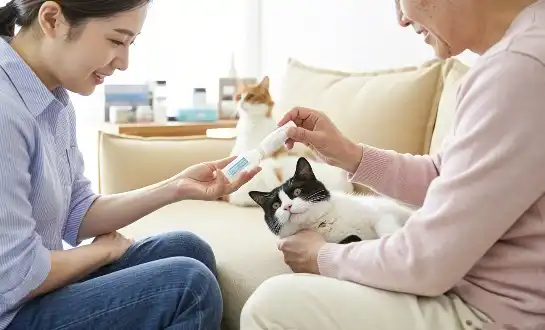
Does My Cat Need a Special Diet During GS-441524 Treatment?











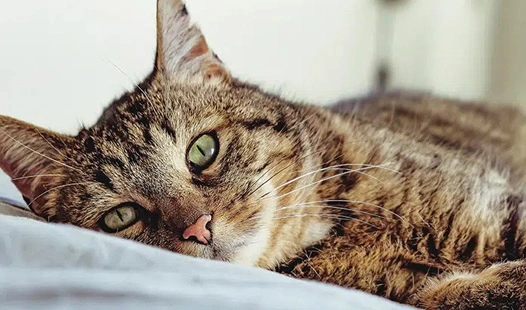

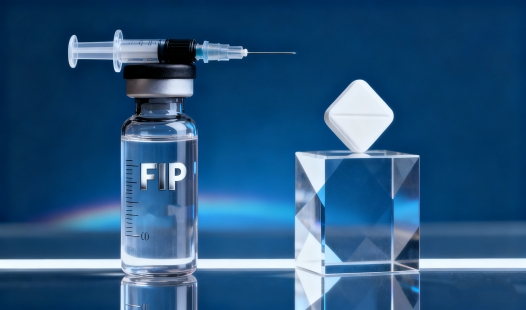
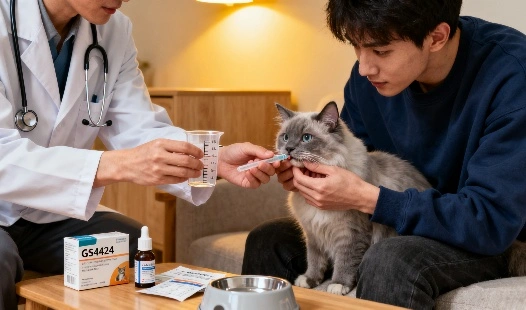

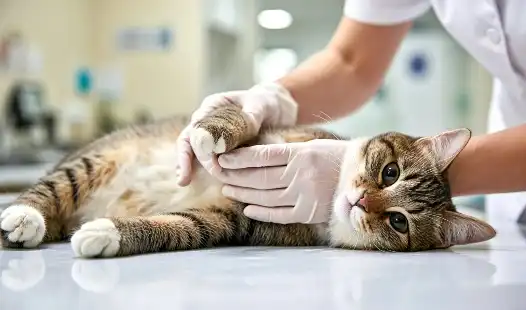
_副本_1759202159323.webp)
